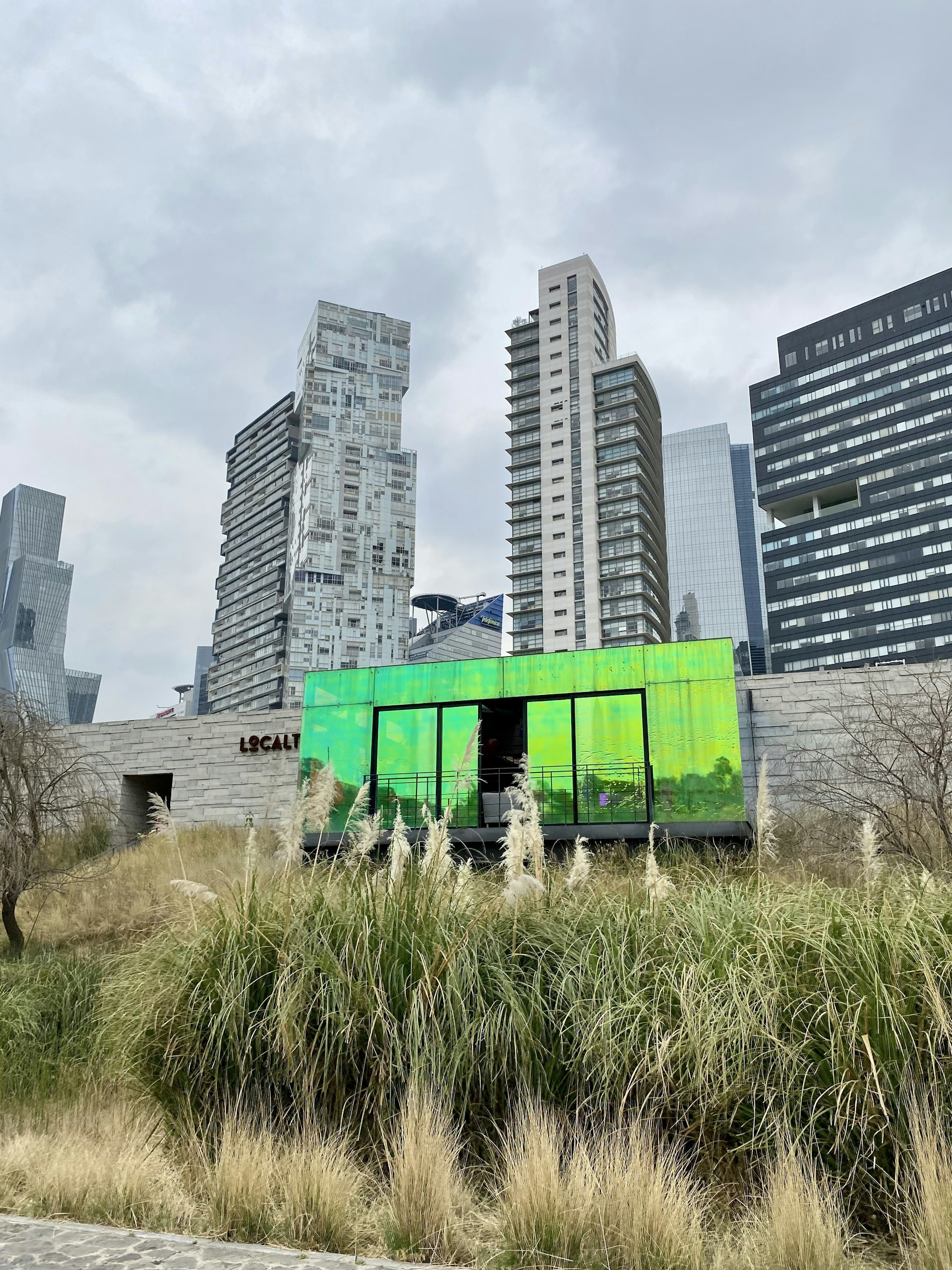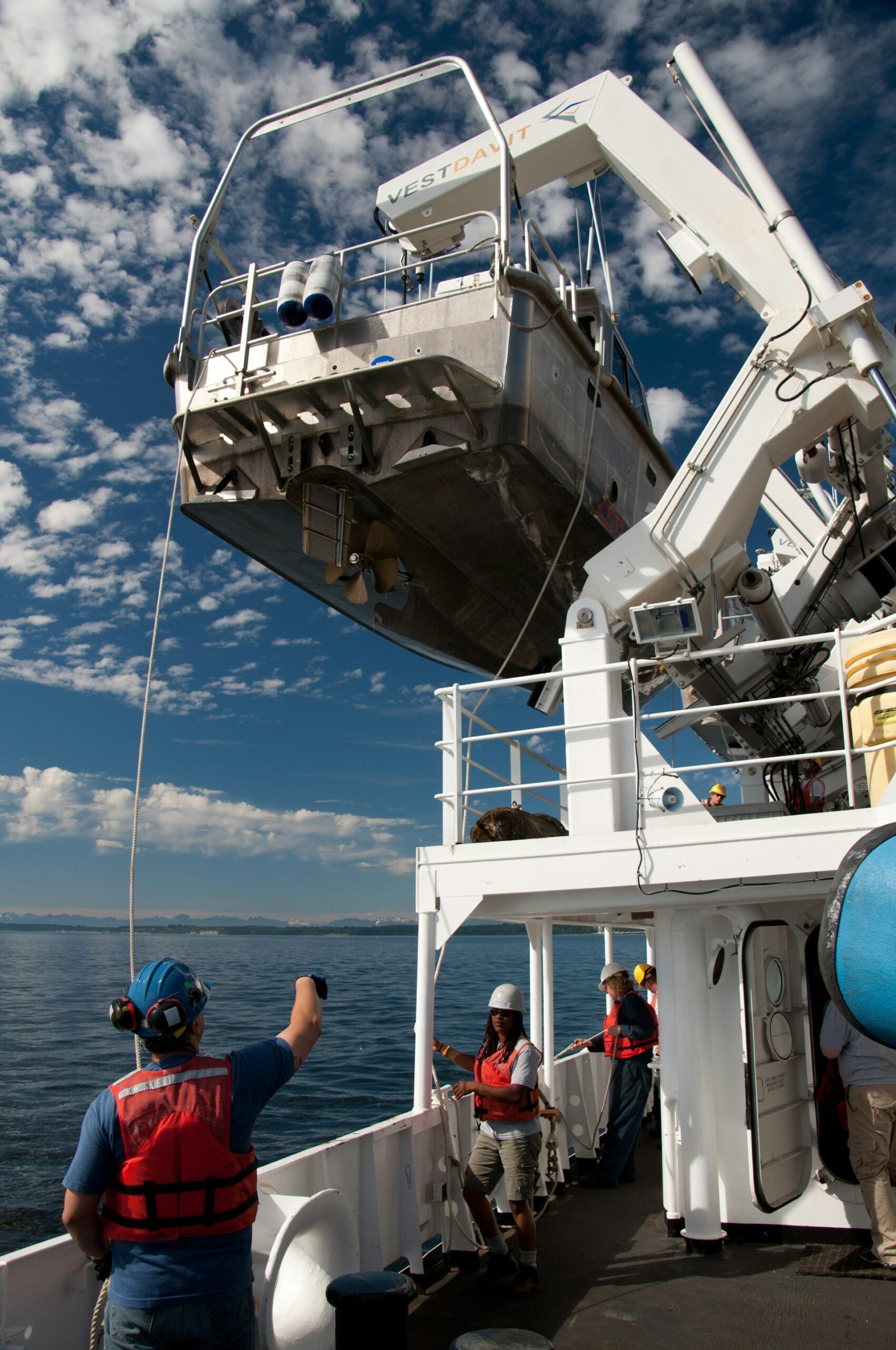Discover Emerging Destinations for Sustainable Tourism: A Guide to Responsible Travel Opportunities in 2025

Photo by Simon Berger on Unsplash
Introduction: The Rise of Sustainable Tourism in Emerging Destinations
Sustainable tourism is reshaping the travel landscape, inviting explorers to seek out destinations that prioritize ecological balance, community empowerment, and authentic experiences. As travelers become more conscious of their impact, emerging destinations around the world are implementing innovative strategies to preserve natural resources, celebrate local culture, and offer meaningful opportunities for engagement. This guide highlights key locations and trends for responsible travel in 2025, providing practical steps and alternatives for accessing sustainable tourism opportunities in regions leading the way.

Photo by Sébastien vantroyen on Unsplash
Costa Rica: A Global Pioneer in Eco-Tourism
Costa Rica continues to set the standard for sustainable travel, with nearly 99% of its energy sourced from renewables and over 25% of its land protected as reserves and national parks. Visitors can experience lush rainforests, diverse wildlife, and pristine beaches while supporting conservation efforts through eco-lodges and nature tours. Activities include zip-lining through the canopy, guided bird-watching, and tours of sustainable coffee farms. To access eco-friendly accommodations, travelers can search for certified lodges such as Lapa Rios or Origins Lodge, which offer immersive experiences powered by renewable energy [1] [2] . For more information, search for ‘Costa Rica sustainable travel’ through reputable travel platforms and official tourism board resources.
Bhutan: Preservation Through Happiness and Policy
Bhutan exemplifies sustainability by weaving environmental protection into its national philosophy of “Gross National Happiness.” The country strictly limits tourist numbers to maintain ecological integrity, ensuring that visitors experience unspoiled landscapes and vibrant culture. Travelers can participate in eco-friendly trekking, visit traditional villages, and learn about conservation policies. To plan a trip, look for travel agencies specializing in Bhutan’s sustainable tourism or consult the official Bhutan Tourism website for current guidelines and visa requirements [1] .
Slovenia: Green Innovation in Central Europe
Slovenia stands out as one of the world’s greenest countries, with its capital Ljubljana offering a car-free city center and extensive cycling paths. Eco-friendly accommodations are widespread, and natural attractions like Lake Bled and Triglav National Park showcase the country’s commitment to conservation. Travelers can find certified green hotels and tour operators by searching ‘Slovenia sustainable tourism’ or by visiting the Slovenian Tourism Board’s official channels [2] . Cycling, hiking, and low-impact activities are encouraged throughout the country.
Japan: Community-Led Sustainability and Zero-Waste Initiatives
Japan integrates sustainability at multiple levels, from its extensive public transportation network to zero-waste towns like Kamikatsu. Visitors are encouraged to stay in traditional ryokans, dine on locally-sourced cuisine, and explore cultural landmarks using green travel methods. For information on eco-hotels and responsible travel tips, consult national tourism resources or search for ‘Japan zero-waste travel’ for guides highlighting sustainable practices [2] .
Fiji and Palau: Island Sustainability and Marine Conservation
Fiji and Palau are emerging leaders in ocean conservation and community-based tourism. Fiji’s eco-resorts emphasize sustainability and support local development, offering cultural exchanges and conservation activities such as coral planting and marine education. Palau has established the world’s first shark sanctuary, and its eco-friendly tours contribute to ongoing marine protection efforts. To engage with local conservation programs, travelers can research certified eco-resorts and tour operators specializing in marine stewardship [1] .
Philippines: Inclusive Tourism and Community Empowerment
The Philippines is advancing sustainable tourism through government-backed programs such as the Philippine Experience Program, which highlights hidden gems beyond traditional hotspots. The Department of Tourism has constructed rest areas to enhance travel convenience, and the Tourism Champions Challenge empowers local governments to develop environmentally respectful, community-driven projects. Visitors can join cultural tours, wellness retreats, and culinary experiences that promote local heritage. For up-to-date information on these initiatives, search for ‘Philippines sustainable tourism programs’ through the Department of Tourism and local travel agencies [4] .
Tuvalu and Panama: Small Nation Success Stories
Tuvalu and Panama have made notable progress in renewable energy and sustainable tourism policy. Tuvalu, facing climate change challenges, has invested in solar farms and digital preservation of its cultural heritage. Travelers interested in supporting climate resilience can seek out community-based tourism and renewable energy tours, searching for ‘Tuvalu eco-tourism initiatives.’ Panama’s environmental achievements and focus on sustainable tourism have earned it recognition among ethical destinations. For verified information, consult the official tourism websites or international reports on ethical travel [5] .
Practical Guidance: How to Access Sustainable Tourism Opportunities
To access sustainable tourism opportunities in these emerging destinations:
- Research certified eco-lodges and tour operators using official tourism board websites, reputable travel agencies, and international sustainability ratings.
- Contact local travel organizations for information on community-based experiences and conservation programs.
- Search for destination-specific sustainability initiatives and review impact reports or guest testimonials to ensure authenticity.
- Consider alternative approaches such as slow travel, longer stays, or off-season visits to reduce your environmental footprint [3] .
- If uncertain about online booking, reach out directly to local tourism offices or consult government agencies for up-to-date guidance.
For travelers seeking expert assistance, you can contact established organizations such as Travel Differently for custom itineraries, or explore destination guides for responsible travel planning. Always verify credentials and sustainability certifications before booking.
Current Trends and Innovations in Sustainable Travel
Recent global trends include the adoption of virtual reality trip planning, slow travel models, and immersive, community-driven adventures. Many destinations are developing digital platforms for previewing tours and connecting with local hosts before booking. Regenerative tourism-where travelers actively contribute to the restoration and improvement of local ecosystems-is on the rise. For the latest news and trends, consult eco-tourism blogs, destination impact reports, and follow social media channels dedicated to responsible travel [3] .
Challenges and Solutions in Sustainable Tourism
Emerging destinations often face challenges such as limited infrastructure, balancing visitor numbers with conservation goals, and ensuring community benefits. Solutions include government-backed investment in rest areas and amenities (as seen in the Philippines), transparent impact reporting, and the development of local service excellence programs. Travelers can support these efforts by choosing certified accommodations, participating in educational tours, and respecting local customs and conservation rules. If specific programs or facilities are unavailable online, it is advisable to contact national tourism offices or search for official agency names for alternative pathways.
Key Takeaways for Responsible Travelers
Emerging destinations offer unique opportunities to combine adventure with environmental stewardship and cultural enrichment. By following the steps outlined above, travelers can access genuine sustainable tourism experiences, contribute positively to local communities, and help preserve natural wonders for future generations. Always rely on verified sources, official agencies, and reputable travel partners for guidance and booking.
References
- [1] IMPT.io (2025). Top Eco-Friendly Destinations in 2025 for Responsible Travelers.
- [2] EyeOfShe.com (2025). The Ultimate Guide to Sustainable Traveling in 2025.
- [3] TravelDifferently.org (2025). Eco Tourism News 2025: Trends, Destinations & Responsible Travel Updates.
- [4] PATA.org (2025). Sustainable Tourism: 7 Destinations That Are Doing it Just Right.
- [5] EthicalTraveler.org (2025). The World’s Ten Best Ethical Destinations for 2025.



